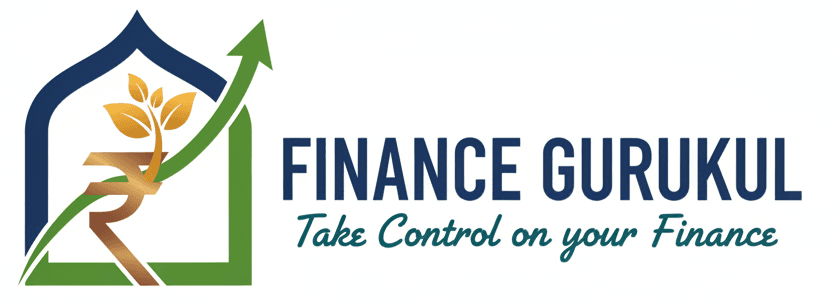
Financial surprises can Crash even the most well-intentioned budget. An emergency fund acts as a financial safety net, protecting you from unexpected events and boosting your overall financial resilience. In this post, we’ll explore the importance of emergency funds and provide actionable steps to build yours.
Why You Need an Emergency Fund:
- Peace of mind: Knowing you have a financial buffer reduces stress during unexpected situations. Imagine facing a major car repair bill without the burden of high-interest debt or the need to tap into your retirement savings. An emergency fund empowers you to make informed decisions during challenging times.
- Financial security: Emergencies won’t force you to deplete long-term savings or rely on high-interest debt. Let’s say you lose your job. With a fully-funded emergency fund, you can cover your essential expenses while you focus on your job search without the added pressure of financial desperation.
- Debt avoidance: An emergency fund can prevent you from using credit cards or loans, saving you money on interest charges. Credit card debt can quickly spiral out of control, especially during emergencies. Having an emergency fund ensures you have the resources to handle unexpected situations without resorting to expensive credit.
Also Read : Avoid Betting on Cricket Fantasy Apps.
How to Build Your Emergency Fund:
- Determine the right amount: Aim to cover 3-6 months of living expenses. Consider housing, food, utilities, transportation, healthcare, and personal expenses. A good starting point is 3 months of expenses, but if you have a less stable income or significant debt, consider aiming for 6 months to provide a more robust safety net.
- Set achievable goals: Break the total amount into smaller, monthly savings targets. For example, if your goal is to save Rs. 1,00,000 for a 3-month emergency fund, aim to save Rs. 8,500 per month. Analyse your budget and identify areas where you can cut back to free up this amount.
- Choose a high-yield savings account: This ensures easy access while offering better returns than traditional savings accounts. Shop around for a high-yield savings account that offers a competitive interest rate while still allowing for easy withdrawals when needed.
- Automate contributions: Set up automatic transfers from your pay check to ensure consistent saving. This “set it and forget it” approach removes the temptation to spend and ensures steady progress towards your emergency fund goal.
- Utilize windfalls wisely: Allocate a portion of unexpected income (tax refunds, bonuses, dividends, interests) to your emergency fund. A windfall can be a great opportunity to jumpstart your emergency fund or accelerate your progress towards your savings goal.
- Keep it separate: Avoid dipping into your emergency fund for non-essential expenses. Label your emergency fund account clearly and avoid using the debit card linked to it for everyday purchases. This helps maintain the integrity of your emergency fund and ensures it’s available when a true emergency strikes.
Growing Your Emergency Fund Faster:
- Reduce non-essential expenses: Analyze your spending and identify areas to cut back. Take a close look at your budget and see where you can cut back on unnecessary spending like entertainment or dining out. Every Rupee saved is a Rupee closer to your emergency fund target.
- Increase income: Explore side hustles or freelance work for additional income. The extra income can be directed towards your emergency fund, accelerating your progress.
- Invest cautiously: Consider low-risk investments with decent returns to accelerate your emergency fund growth. While a high-yield savings account is ideal for easy access, you might also consider a certificate of deposit (CD) with a short maturity date to earn a slightly higher interest rate. However, prioritize liquidity – ensure your investments can be accessed quickly in case of an emergency.
Building an emergency fund is a journey, not a destination. Every saved Rupee strengthens your financial safety net. The key is to be consistent with your contributions and avoid the temptation to dip into the fund unless absolutely necessary.
Remember: An emergency fund is an essential pillar of financial well-being. Don’t wait until an emergency strikes. Start building your financial security today!
We empower you to make informed financial decisions. If you need help establishing or managing your emergency fund, our personal finance advisors are here to guide you. Contact us today to secure your financial future!



